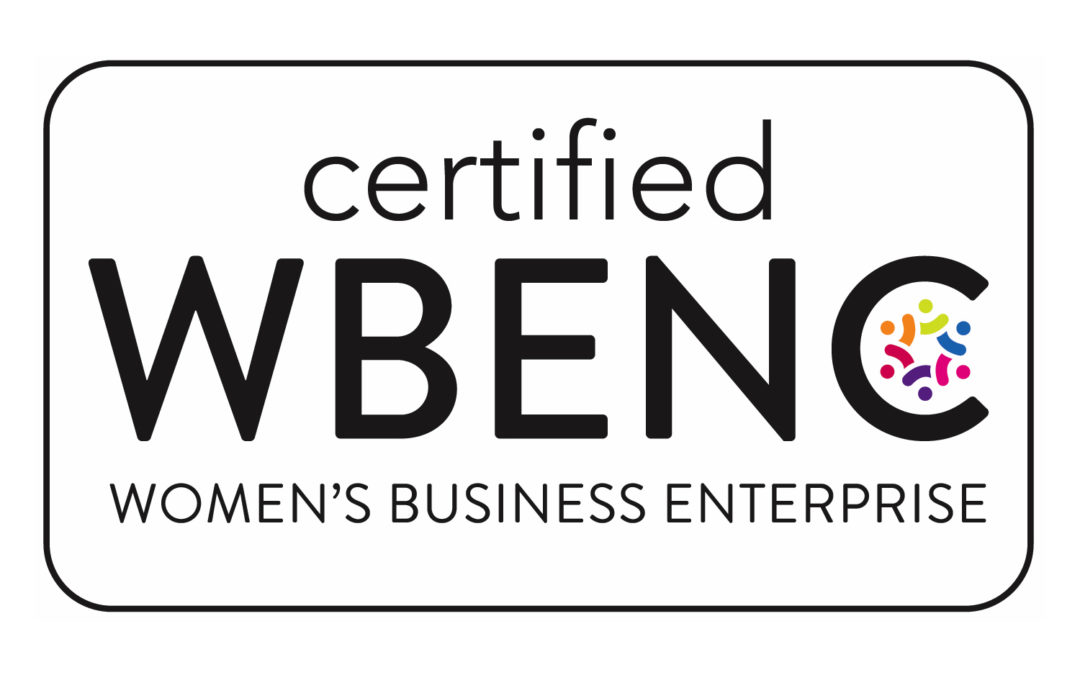Why Your Business Has No Value Without Transferability
One of the hardest conversations to have with a business owner is telling them their company isn’t worth as much as they think. Nobody likes to hear that the baby they’ve spent years raising might be ugly. But the truth is that many businesses aren’t worth nearly as much as owners imagine, because they’re not transferable.
I worked with an owner who had poured twenty years into her company. She expected a sale to set her family up for life. but when we ran the numbers, it turned out the business was worth far less than she thought because every customer relationship depended on her. She didn’t have a sale problem. She had a transferability problem.
What Transferability Means for Value
A transferable business is one that has value even if you aren’t there. It can survive and thrive without you. It has leadership, systems, contracts, and customer relationships that don’t depend on the founder.
If your business requires you to be in the middle of everything, it’s not really an asset. Rather, it’s a job with overhead. But buyers aren’t purchasing your personality. They’re purchasing the future cash flow and stability of the business.
That makes transferability a make-or-break factor in business valuation. Buyers discount heavily for risk. If they can’t picture the business running without you, they’ll lower the offer or walk away.
Without transferability, there is no real asset to buy. Again, a business that depends on its owner is not a business at all. It’s a job.
Why Owners Are Shocked
Owners build their lives inside their businesses. Hearing that the business isn’t worth much — or anything — in a sale can feel personal. But the assessment is about clarity, not judgment.
A friend of mine ran a restaurant with over a million dollars in revenue. On paper, the business looked strong but when she calculated what she actually paid herself, it was only about $50,000 a year. The entire business revolved around her. All the stress, risk, and long hours were there, but to a buyer it had little value.
That’s the truth of owner dependence: Buyers won’t pay a premium if the company is really just you plus overhead.
Signs Your Business Isn’t Transferable
So how do you know if your business is transferable? If these statements are true, it’s not:
Customers or vendors only deal with you personally.
You make all the key decisions.
There is no leadership bench or succession plan.
Processes live in your head, not in documentation.
Revenue depends on a handful of relationships.
Contracts or certifications require your personal involvement.
Financials are messy, with no recast EBITDA to show true performance.
There’s no strategy to retain key employees through a sale.
7 Key Steps to Building a Transferable Business
If you want your business to be transferrable, here are seven things you’ll need to do before considering a sale.
Build and train a leadership team. Create a structure to handle decisions and daily tasks without you.
Document processes and systems. What lives in your head must be written down and repeatable.
Strengthen contracts. Shift customer and vendor relationships from you to the company.
Diversify customers and revenue. Overreliance on a few relationships makes you vulnerable.
Establish clean financials. Close monthly, move to accrual accounting, and calculate recast EBITDA annually.
Retain key people. Use stay bonuses to keep critical staff through a transaction. This avoids last-minute disruptions and protects value for the new owner.
Run the vacation test. Could you step away for a month or more without checking in? If not, you’re still too central to operations.
Be Objective About Transferability
Most owners underestimate how much their businesses depend on them. Another contract or revenue bump feels like strength, but if everything runs through you, there’s still no transferable value.
This realization can sting for owners, but it also creates clarity. If you want to grow value, you must reduce dependence on yourself and move into the visionary seat. That shift not only builds a more salable business, but also gives you more freedom while you still own it.
As an owner, it’s imperative to understand that transferability is the difference between a business that represents an asset and a business that’s just a job. Buyers won’t pay for something that only exists in your head. At the end of the day, the real question becomes: What is your business worth without you?
Let's talk!
Phone: (770) 587-0281
Email: mmoore@artisanfsonline.com
1125 Cambridge Square, Suite C
Alpharetta, GA 30009
